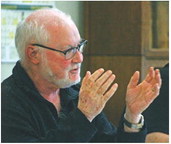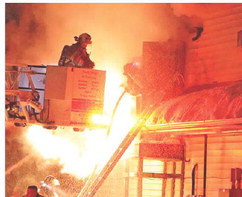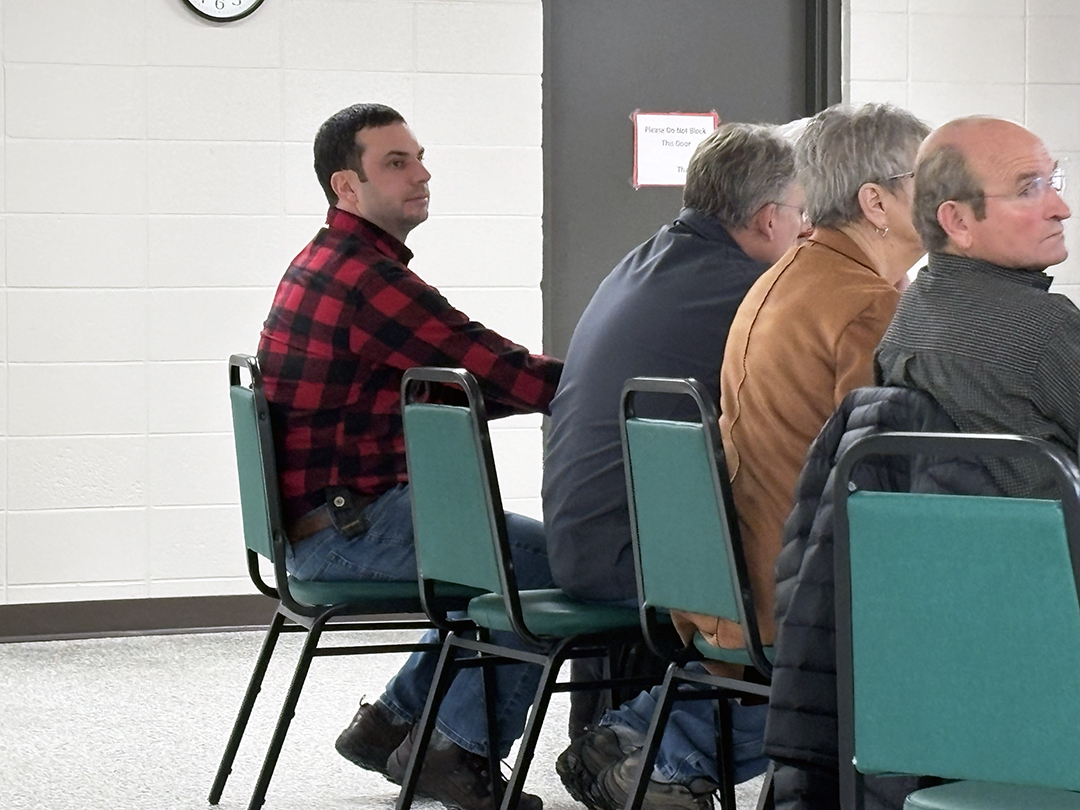Getting linked
County, contractors work to get pieces in place for broadband to go live


“2024 will be a huge year for Taylor County.”
That is the message from county board member Mike Bub, who has spearheaded the county’s ongoing broadb...


